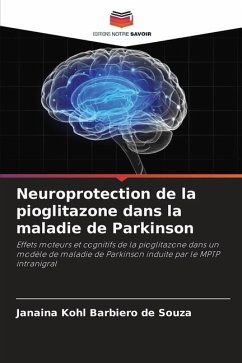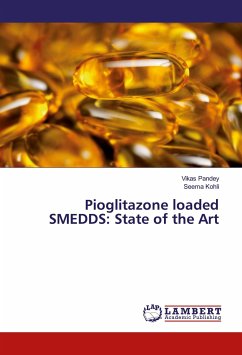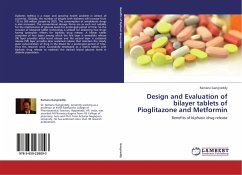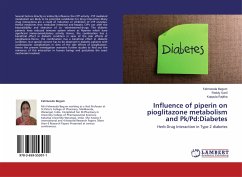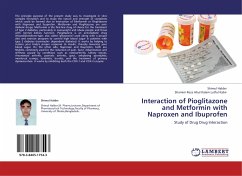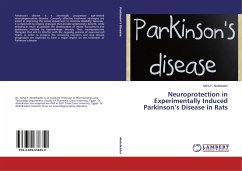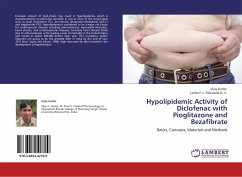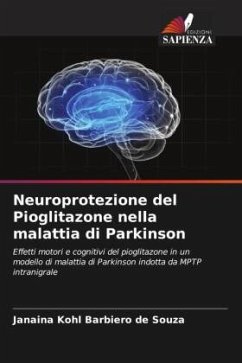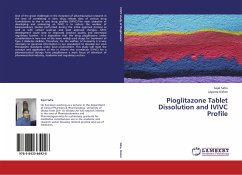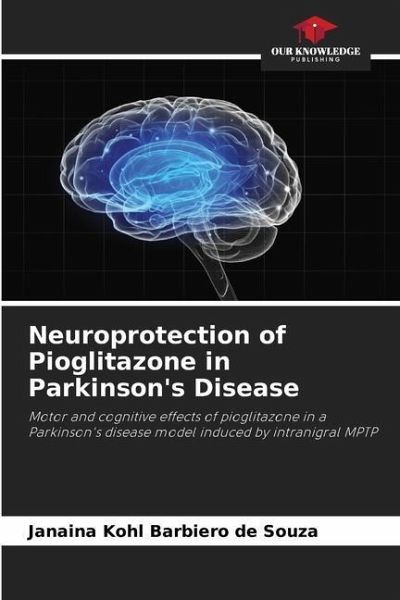
Neuroprotection of Pioglitazone in Parkinson's Disease
Motor and cognitive effects of pioglitazone in a Parkinson's disease model induced by intranigral MPTP
Versandkostenfrei!
Versandfertig in 6-10 Tagen
27,99 €
inkl. MwSt.

PAYBACK Punkte
14 °P sammeln!
Parkinson's disease, characterised by the degeneration of dopaminergic neurons in the substantia nigra pars compacta (SNpc), is the second neurodegenerative disease after Alzheimer's, affecting approximately 1% of the population aged around 65. The disease is characterised clinically by resting tremor, rigidity, bradykinesia and postural instability. Pioglitazone, a peroxisome proliferator-activated receptor agonist, has been shown to attenuate dopaminergic cell loss in the MPTP animal model of PD, an effect attributed to its anti-inflammatory properties. The present study investigated the mot...
Parkinson's disease, characterised by the degeneration of dopaminergic neurons in the substantia nigra pars compacta (SNpc), is the second neurodegenerative disease after Alzheimer's, affecting approximately 1% of the population aged around 65. The disease is characterised clinically by resting tremor, rigidity, bradykinesia and postural instability. Pioglitazone, a peroxisome proliferator-activated receptor agonist, has been shown to attenuate dopaminergic cell loss in the MPTP animal model of PD, an effect attributed to its anti-inflammatory properties. The present study investigated the motor and cognitive effects obtained by pioglitazone, a peroxisome proliferator-activated receptor gamma agonist, in an intranigral MPTP-induced Parkinson's disease model. Results showed that acute treatment generated some levels of neuroprotection. In contrast, chronic treatment led to a reduction in striatal DA caused by MPTP. These findings suggest that acute administration of pioglitazone 30mg/kg was more effective in generating beneficial effects on motor behaviour and striatal DA levels.



